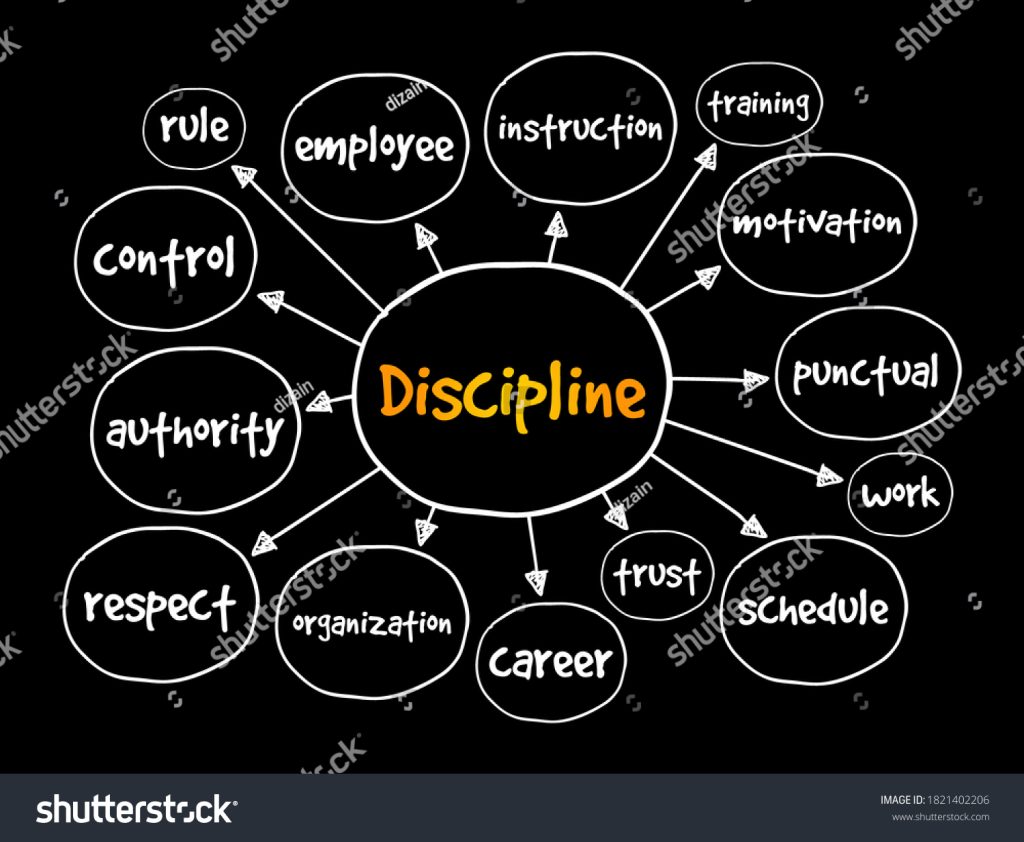Discipline, passion, and perseverance are three interconnected qualities that play a crucial role in achieving success and fulfilling one’s potential. Here’s how each contributes to remarkable results:

1.Discipline
Definition: Discipline is the ability to maintain focus, control impulses, and consistently apply oneself to tasks over time.
Importance: It helps individuals stick to their goals, establish routines, and make the right choices, even when faced with distractions or challenges. Discipline is essential for developing good habits and ensuring that progress is made toward long-term objectives.
Outcome: With discipline, people can effectively manage their time and resources, leading to improved productivity and performance. It creates a foundation for sustained effort and commitment.

2. Passion
Definition: Passion refers to a deep, intrinsic enthusiasm and love for what one does. It often fuels motivation and engagement.
Importance: When individuals are passionate about their work or interests, they are more likely to invest the time and energy necessary to excel. Passion drives creativity, innovation, and the desire to improve.
Outcome: Passionate individuals often find joy in their pursuits, making it easier to overcome obstacles and maintain motivation, which in turn leads to more significant achievements.

3. Perseverance
Definition: Perseverance is the steadfastness and resilience to continue working toward a goal despite difficulties, failures, or setbacks.
Importance: Life is often unpredictable, and challenges are inevitable. Perseverance enables individuals to push through tough times, learn from mistakes, and keep moving forward when the going gets tough.
Outcome: Those who persevere are more likely to achieve their goals because they don’t give up easily. This persistence can lead to personal growth, increased confidence, and eventually, success.

The Interconnection
When combined, discipline, passion, and perseverance create a powerful synergy. Discipline ensures that individuals stay on track, passion fuels their commitment, and perseverance helps them navigate challenges.
Together, these qualities foster a mindset that embraces growth and learning, leading to remarkable results in personal and professional endeavors.

Real-World Examples
Many successful individuals, such as athletes, entrepreneurs, and artists, exemplify these traits. For instance, an athlete may train rigorously (discipline) out of a love for their sport (passion) and continue to compete despite injuries or losses (perseverance).
Similarly, entrepreneurs who are passionate about their ideas often work tirelessly and maintain focus, overcoming numerous challenges along the way to build successful businesses.
https://www.linkedin.com/feed/
Thanks for reading.
















